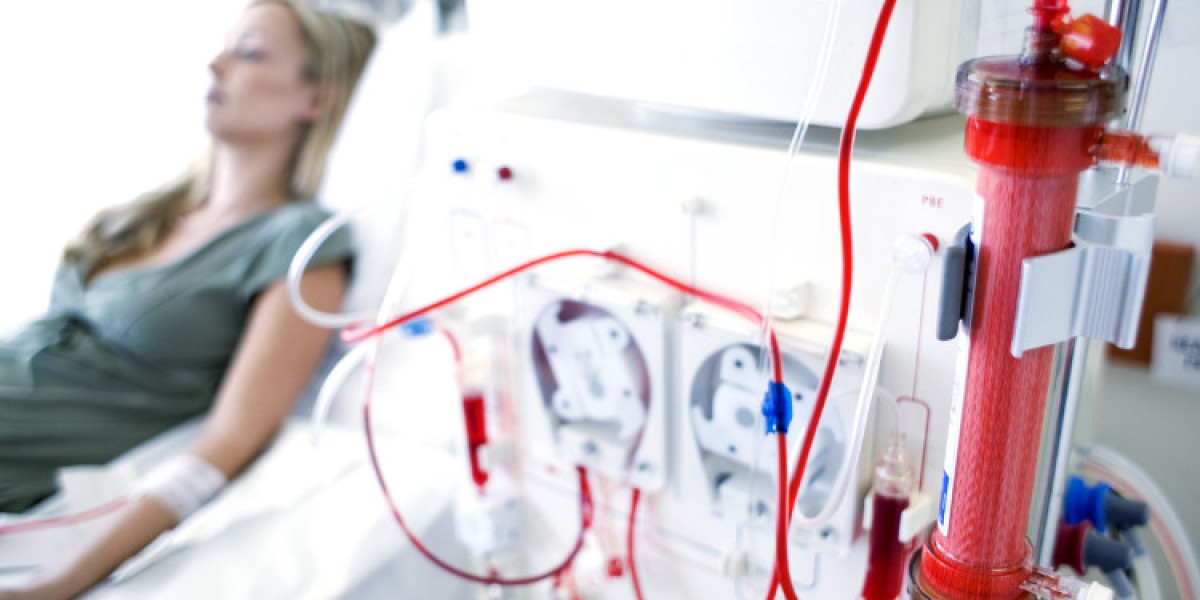Introduction
As technology evolves, understanding advanced topics in computer mcqs science becomes crucial for professionals and students alike. Multiple-choice questions (MCQs) serve as an effective method for assessing and reinforcing knowledge in these areas. This study guide explores advanced computer topics and provides strategies to master them through MCQs.
1. Key Advanced Topics
1.1 Algorithms and Data Structures
Understanding algorithms and data structures is essential for problem-solving in computer science.
- Sorting Algorithms: Familiarize yourself with common sorting algorithms like QuickSort, MergeSort, and BubbleSort.
- Data Structures: Understand various data structures such as arrays, linked lists, stacks, queues, trees, and graphs.
Sample MCQ:
Which sorting algorithm has the best average-case time complexity?
- A) Bubble Sort
- B) Quick Sort
- C) Selection Sort
- D) Insertion Sort
Correct Answer: B) Quick Sort
1.2 Operating Systems
Operating systems manage hardware and software resources.
- Process Management: Learn how operating systems manage processes, including concepts like multitasking and scheduling.
- Memory Management: Understand how operating systems handle memory allocation and virtual memory.
Sample MCQ:
Which of the following is a function of an operating system?
- A) Managing hardware resources
- B) Providing a user interface
- C) Executing applications
- D) All of the above
Correct Answer: D) All of the above
1.3 Networking and Security
Advanced networking concepts are vital for maintaining secure communications.
- Network Protocols: Understand protocols such as TCP/IP, UDP, and their roles in data transmission.
- Security Measures: Explore advanced security measures, including encryption, firewalls, and intrusion detection systems.
Sample MCQ:
What does SSL stand for in web security?
- A) Secure Socket Layer
- B) Standard Security Layer
- C) Simple Socket Layer
- D) Secure System Layer
Correct Answer: A) Secure Socket Layer
1.4 Database Management
Database management systems (DBMS) are critical for handling large datasets.
- SQL vs. NoSQL: Understand the differences between relational databases (SQL) and non-relational databases (NoSQL).
- Normalization: Learn about database normalization and its importance in reducing redundancy.
Sample MCQ:
Which SQL command is used to retrieve data from a database?
- A) SELECT
- B) GET
- C) FETCH
- D) PULL
Correct Answer: A) SELECT
1.5 Software Development
Familiarity with software development practices is essential for creating robust applications.
- Version Control Systems: Learn about tools like Git and their importance in collaborative software development.
- Agile Methodology: Understand agile practices and how they improve software development efficiency.
Sample MCQ:
What is the primary purpose of version control systems like Git?
- A) To manage project documentation
- B) To track changes in code
- C) To deploy applications
- D) To enhance user interfaces
Correct Answer: B) To track changes in code
2. Preparation Strategies
2.1 Focused Study Sessions
Dedicate time to study advanced topics in-depth.
- Topic Segmentation: Break down each advanced topic into manageable sections and focus on one at a time.
- Use Study Materials: Refer to textbooks, online courses, and academic papers relevant to the topics you are studying.
2.2 Practice with MCQs
Regular practice with MCQs helps reinforce learning.
- Targeted Quizzes: Use online platforms that offer quizzes specifically on advanced computer topics.
- Mock Exams: Take full-length mock exams to simulate the assessment environment.
2.3 Group Discussions
Engaging in discussions can deepen your understanding.
- Study Groups: Join or form study groups to discuss complex topics and quiz each other on advanced MCQs.
- Online Forums: Participate in forums like Stack Overflow or Reddit to ask questions and share knowledge.
2.4 Review and Reflect
Continuous review of learned material is crucial.
- Analyze Mistakes: After practicing MCQs, review incorrect answers to understand where you went wrong.
- Summarize Learning: Create summary notes of key concepts to reinforce your understanding.
2.5 Use Additional Resources
Leverage various resources to enhance your learning experience.
- Webinars and Workshops: Attend webinars or workshops on advanced computer topics to gain insights from experts.
- Online Courses: Platforms like Coursera, edX, and Udacity offer advanced courses that include quizzes and assignments.
Conclusion
Exploring advanced topics in computer science through MCQs provides a structured approach to learning and self-assessment. By focusing on key areas such as algorithms, operating systems, networking, databases, and software development, you can enhance your proficiency. Implementing effective study strategies and regularly practicing with MCQs will prepare you for success in any advanced computer science assessment. Happy studying!






